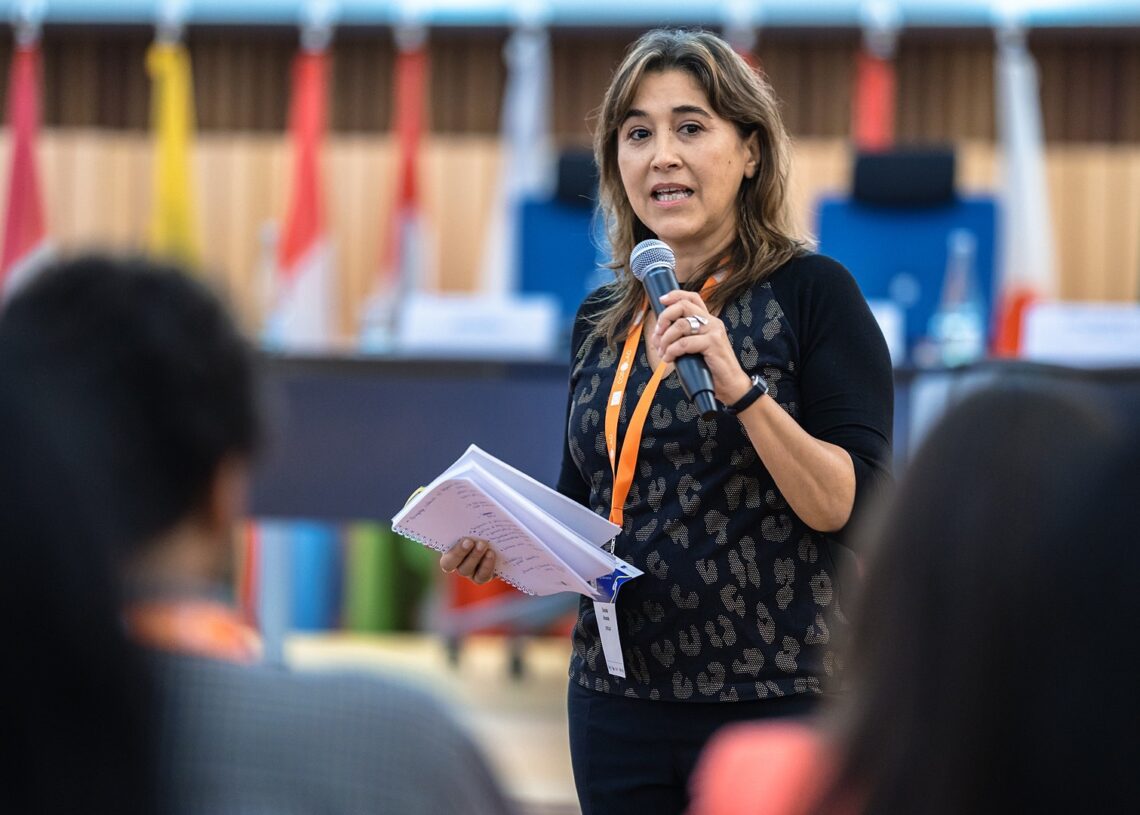The international meeting of National Drug Observatories (NDOs) held within the framework of the emblematic EMCDDA, the European Monitoring Centre for Drugs and Drug Addiction in Lisbon, marked the power of the Americas as a particular and diverse region to recognize the need to think about, unveil and understand the logic of drug problems. Problems that, although having different manifestations depending on the nations, have been shaped by similar processes. Latin America and the Caribbean today show an aggravation of the problems associated with drug trafficking and problematic substance use, whose motivations are diverse. Diversities that need to be approached from the perspective of knowledge in order to understand the intersubjectivity at play in social groups, the meaning acquired by problematic consumption in societies with difficulties for inclusion and a decent future, and the geopolitical framework of these issues.
What for
So, why produce knowledge is a question that started the week and that links the Observatories with politics, where the relevance, opportunity and incidence of knowledge are at stake. The problems that our societies have and that need to be solved, appeared as a great action organizer.
During the week we were learning, discussing, thinking that the how is as important as knowing what we do it for: do we do it looking at people as belonging to a totality or discovering a multiplicity of conditions that make them tremendously different, such as gender, age, economic and social vulnerability conditions?
Visibilize
We reflect that it is necessary to orient the production of knowledge in the NDOs and in our countries to make visible what was invisible, what was submerged in generality, in the comfort of thinking and in the simplicity of systematization that implies focusing on things – drugs – and opening a peephole that illuminates people, women, men, trans, boys, girls and adolescents, young people, communities, and the motivations behind each set of things recorded.
How to do this also has a practical, managerial side: do we continue to work alone or with a few partners? Or do we expand our table and invite many others with diverse approaches, with trajectories that are sometimes uncomfortable, but worthwhile? What if we also take a walk through everything that exists in the academy, communities, civil society or even and precisely in users, in terms of academic, scientific, social and community knowledge?
Lisbon, birthplace of the great Pessoa, marks us the weariness of routine and launches us towards a new beginning. And as the poet says, to make a new path out of interruption.
Graciela Ahumada is an expert in the Observatories component of COPOLAD. She has been researching and working for 20 years on various aspects related to drug demand and supply reduction: design of national plans, design of research programs, advice in the formulation of prevention and treatment programs and in the implementation of information systems in Argentina and in countries of the region.






